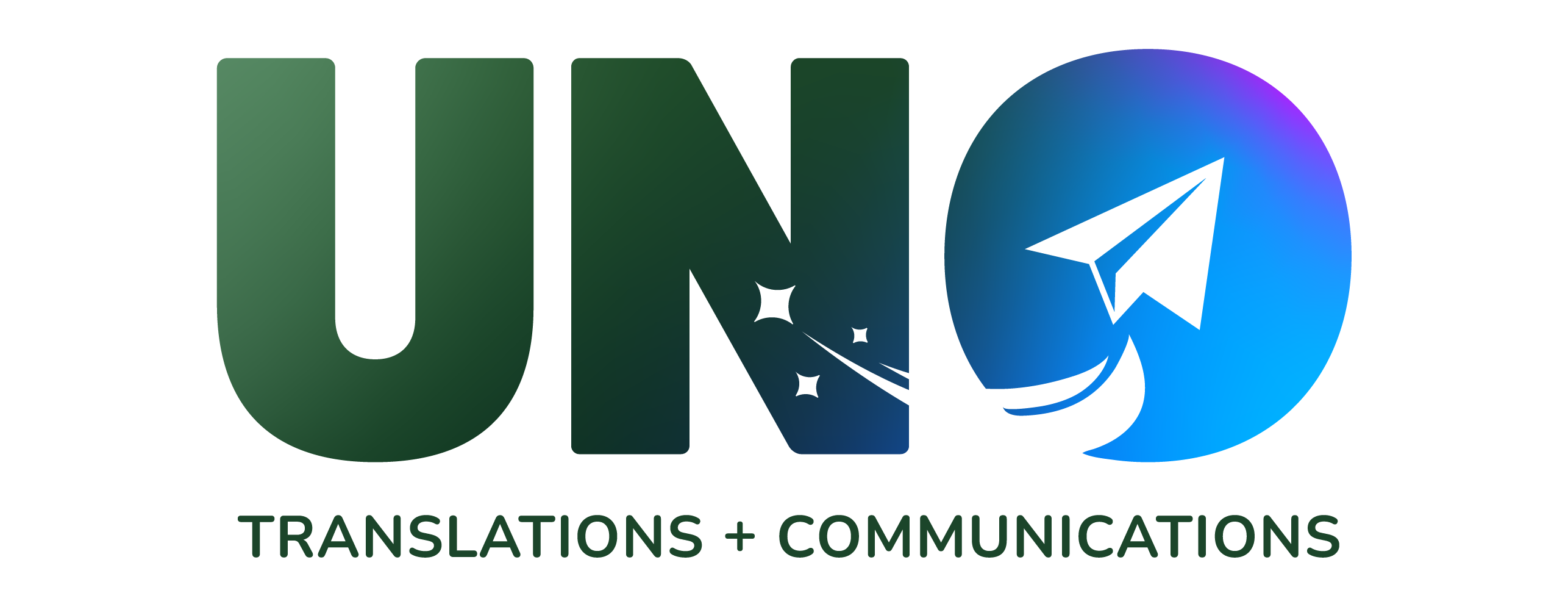More and more often, each of us will encounter someone in our lives – either professionally or personally – who will speak a different language. While many people can speak a few words in another language, it’s rarely enough for nuanced conversation, especially in a professional setting. If you’re facing a language barrier with someone, do you need a translator or an interpreter to help bridge the gap?
What is a translator?
To put it simply, a translator is someone who works with the written language. They can take a source material, and replicate it in another language. It’s not just as simple, though, as plugging the words into some kind of device or program. We’ve seen enough translation fails to know that it’s not reliable enough for a business setting.
A human translator will understand not only the words in the source language, but its idioms and turns of phrase that won’t survive a word-for-word translation. (Think “it’s raining cats and dogs”). A translator will also understand the culture of the country in which the document originated, and that of its destination, to make sure the meaning of the document is the same across all languages.
This kind of precision is most important with legal documents, medical writings, etc., where you need absolute clarity on both sides. It’s also important for creative projects, like advertisements, which can offend if the right wording isn’t used.
What is an interpreter?
To similarly simplify the work of an interpreter, an interpreter works primarily with the spoken word. While a translator can work remotely, using a variety of tools to ensure they’re choosing the best possible words, an interpreter must have a strong knowledge of both languages being used in a conversation.
The interpreter will first listen to understand one side of the conversation, then communicate that meaning in another language to the other party. Sometimes each party will have their own interpreter, but often one interpreter works for both sides during a face-to-face meeting.
But interpretation isn’t just limited to face-to-face interactions. Thanks to advances in technology, interpreters can come to you thanks to familiar web platforms, like Zoom, Google Meet and Microsoft Teams. Interpreters can perform these same skills during virtual meetings and conferences, or can join your event or meeting, virtually, from around the globe.
An interpreter is important for any spoken communication, be it in a legal setting, a medical setting, or simply purchasing the correct tool for a job. If you’re engaging in spoken (or sign language) communication, you need an interpreter.
What if I need both?
In many settings, you may require both a translator and an interpreter for your business transaction. For example, in real estate, an interpreter can come along on showings and help negotiate the terms of sale, but you’ll need a translator to ensure both parties are reading and signing the same contracts. Luckily, we at UNO Translations and Communications can offer you both.
Whether you have a document you need translated, or you need an interpreter to help you land that sale RIGHT NOW, we’ve got staff to help you. With over 250 languages under our belts, and over-the-phone interpretation services available, we’re here for you in any language, at any time. If you’d like to discuss how we can meet your interpretation and translation needs, contact us now. We’re here to help however, and whenever you need us!

